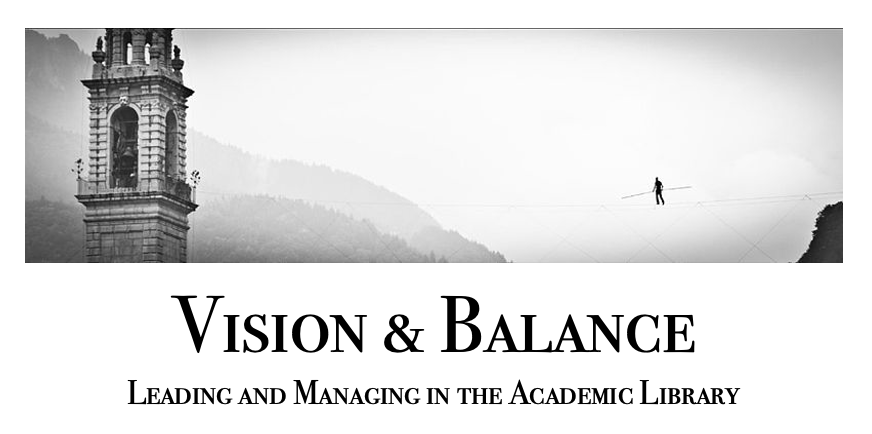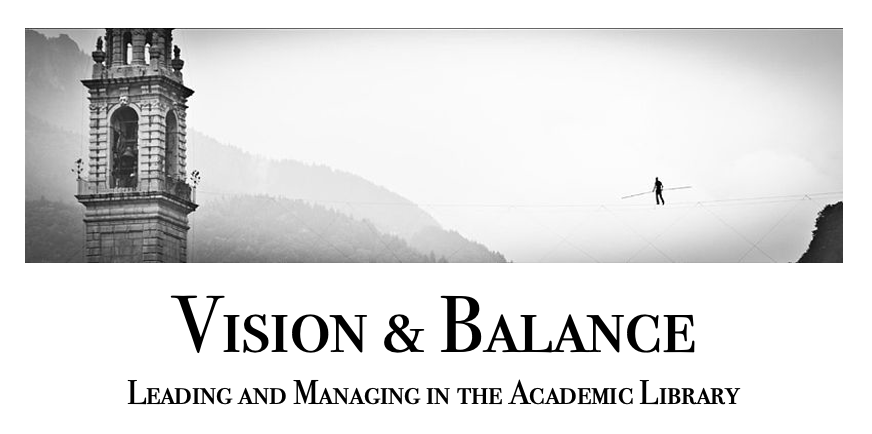Two and a Half Cheers for Civility
There may occasionally be issues that are "too important" for civility, but they are few and far between in the library -- and, ironically, civil discourse is more likely to lead to better resolutions than the alternative.

A couple of weeks ago I called for "Two and a Half Cheers for Niceness," in which I pointed out that "niceness and civility are not the same thing," arguing that "civility... represents a rock-bottom standard of behavior to which all should be held" in any library.
And yet, it does seem that civility is not universally considered a "rock-bottom standard of behavior." Sometimes issues seem so urgent that normal considerations of civil behavior can reasonably be suspended in order to get them resolved – or, as Benjamin DeMott quoted Randall Kennedy in a 1996 essay in The Nation, "when you're in an argument with a thug, there are things much more important than civility."
It's hard to argue with such a statement. Certainly there are things more important, and sometimes considerations more pressing, than civility. That's why I'm calling for "two and a half cheers," rather than three, in this case. But the good news for us in libraries is that in the great majority of situations, the issues we are dealing with are ones in which we both can and should expect civil and professional behavior of ourselves and our colleagues.
Specifically in the context of librarianship, I'm prepared to defend the position that civility is, in fact, a rock-bottom expectation. This expectation is usually (actually always, in my experience) explicitly written into job description documents, and failures to act in a civil manner in the workplace usually count against – or should count against – a library employee in annual evaluations.
It would be easy to take a cynical view of this expectation: one could say that expectations of civility are designed merely to preserve the status quo by making it harder for people to fight effectively against it, or to protect the privilege of those for whom civil and professional behavior comes relatively easily, or to prevent the meaningful discussion of genuinely difficult and challenging issues.
I'd like to suggest a less cynical view of civility. In my view, an expectation of civility in the workplace actually works less often to protect privilege than it does to protect employees who might otherwise be victimized by colleagues with stronger personalities or a tendency to lose control of their anger. In my experience, a firm expectation of civility actually does much more to ensure that difficult and challenging issues are discussed and resolved effectively than it does to prevent such resolutions. And while expecting civil and professional behavior of all employees may indeed protect the status quo in some ways, it also creates the kind of behavioral guardrails that make effective challenges to the status quo possible.
So while there may indeed be situations in which normal considerations of civility should be suspended, I believe good library leaders will expect those to be very unusual. They will expect all of their employees, at every level and in every position, to abide by reasonable standards of civility in all their interactions with each other.
Takeaways and Action Items
- Civility and professionalism should be considered a basic expectation of every library employee.
- Suggestions that particular topics or issues are "too important" to be discussed and handled in a civil manner should be regarded with deep skepticism.
- Are there issues currently under consideration in your library with regard to which employees struggle to maintain civil discourse? How are their managers dealing with this? Do they need additional counsel from leadership?
